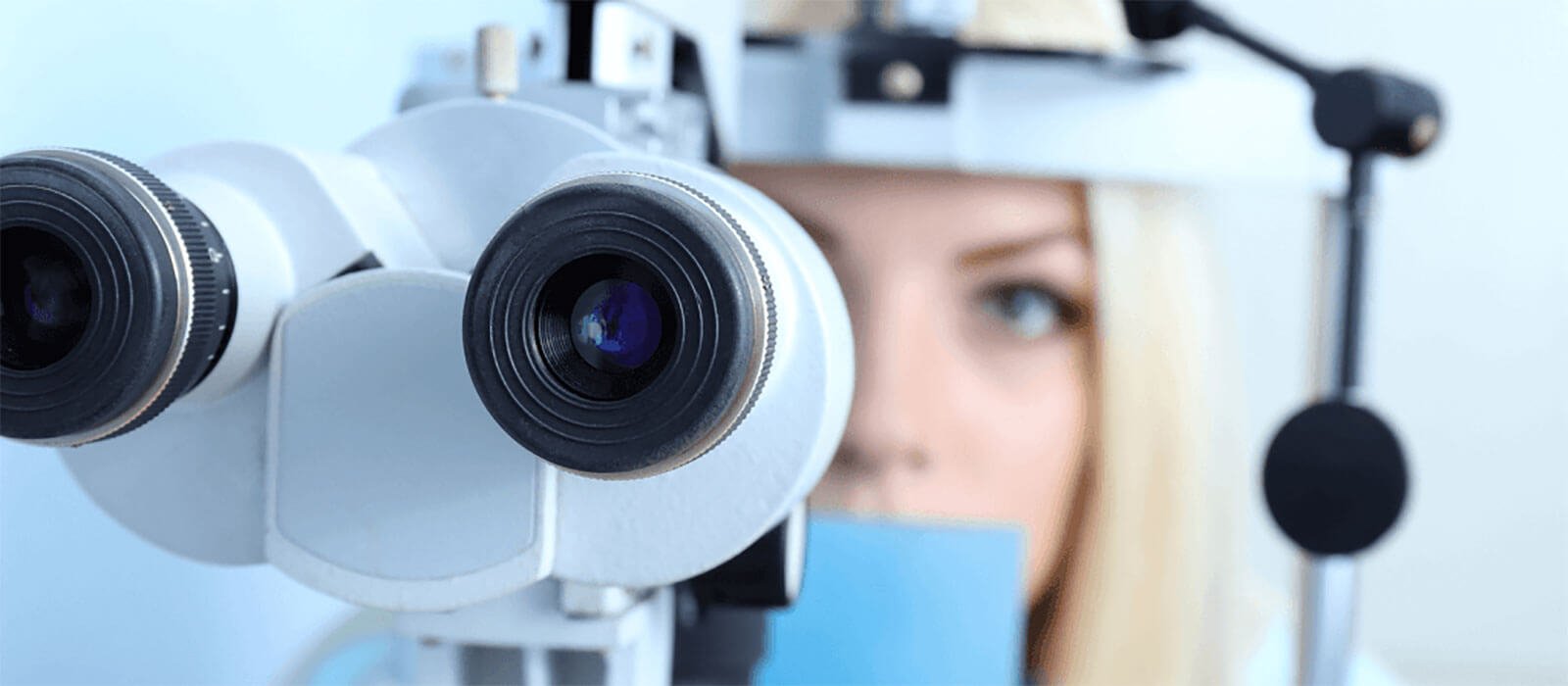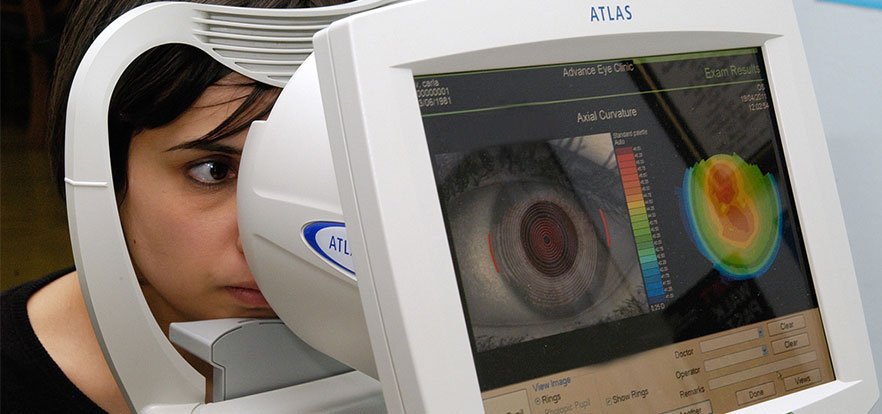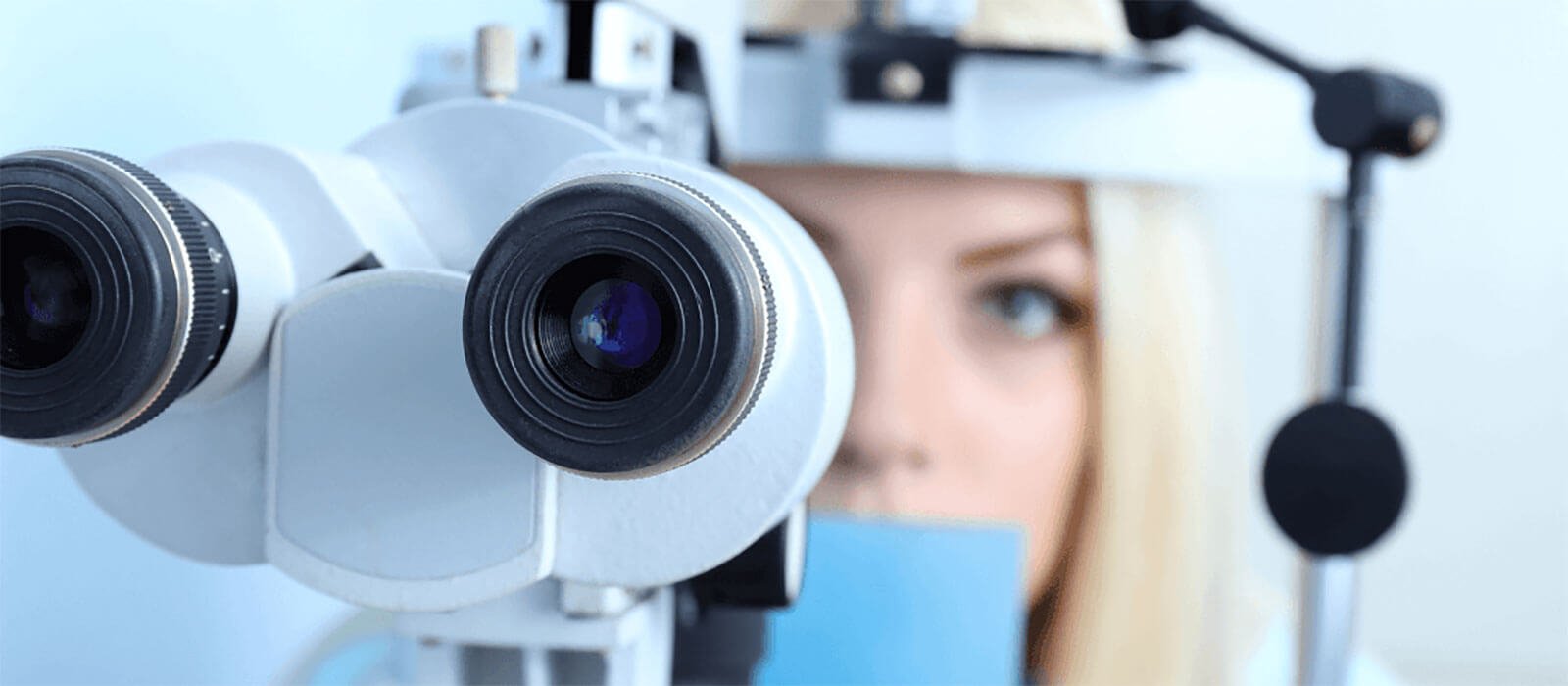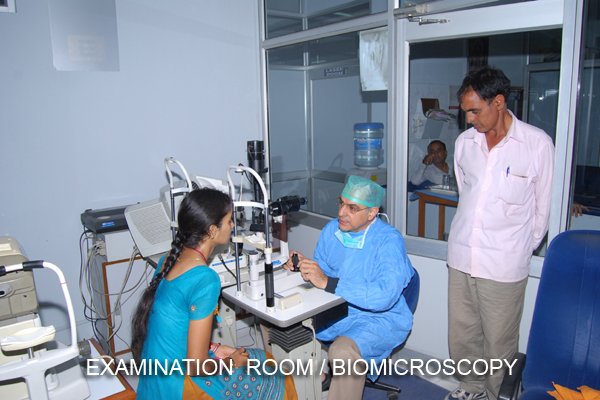Can Keratoconus Damage Vision?
The changes to the cornea can make it impossible for the eye to focus without eyeglasses or contact lenses. In fact, a corneal transplant may be needed to restore vision if the condition is severe.
Laser vision correction surgery -- LASIK or PRK – can be dangerous for people with Keratoconus. Anyone with even a small degree of keratoconus should not have LASIK surgery.
SYMPTOMS
Sudden change of vision in just one eye
Double vision when looking with just one eye
Objects both near and far looking distorted
Bright lights looking like they have halos around them
Lights streaking
Seeing double or triple ghost images
To be sure you have keratoconus, your doctor needs to measure the curvature of the. cornea. There are several different ways this can be done.
One instrument, called a keratometer, shines a pattern of rings of light onto the cornea. The shape of the reflection tells the doctor how the eye is curved. There are also computerized instruments video-keratography that make three-dimensional "maps" of the cornea.This video-keratography is used to diagnose and for followup of the keratoconus during treatment part.
How Is Keratoconus Treated?
Treatment usually starts with new eyeglasses. If eyeglasses don't provide adequate vision, then contact lenses may be recommended. With mild cases, new eyeglasses can usually make vision clear again. Eventually, though, it will probably be necessary to use contact lenses or seek other treatments to strengthen the cornea and improve vision.
Recent advances in the treatment of keratoconus
CXL,Intacs,icl,toric icl as single procedure or in combination of the two.
A last resort is a cornea transplant. This involves removing the center of the cornea and replacing it with a donor cornea that is stitched into place.









